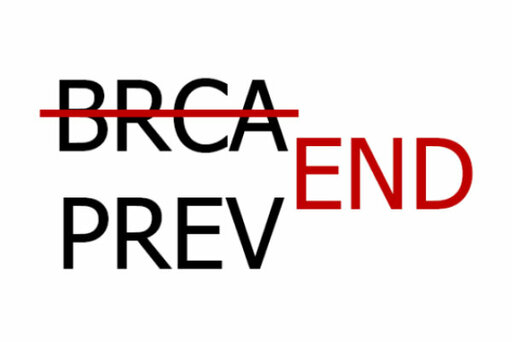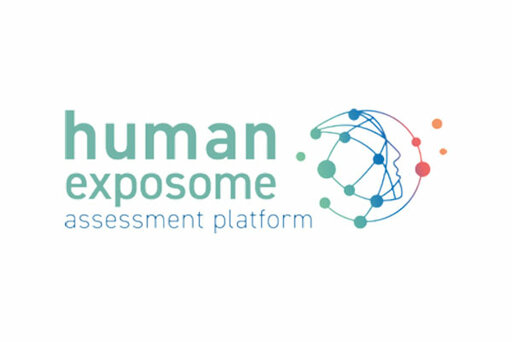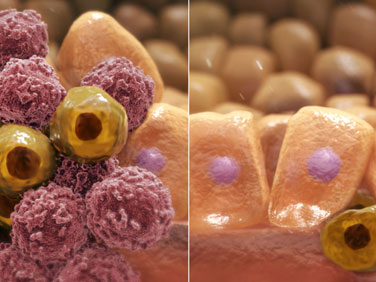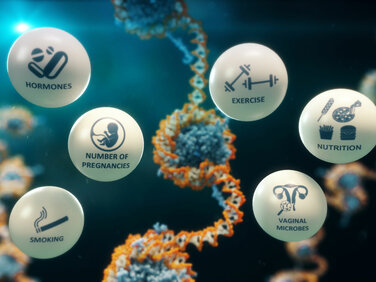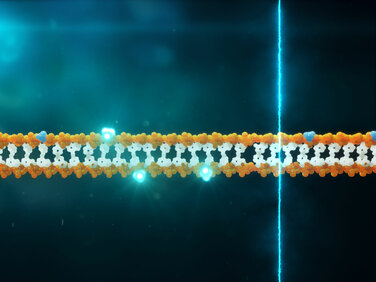Prevention of cancers, as opposed to treatment once cancers have become established, may help to significantly reduce mortality, improve the quality of life, and reduce the socioeconomic burden of these diseases.
In combination with our other work to predict individual cancer risk and understand cancer development, we are researching cancer prevention. Some risk factors for cancer development have already been established, and – on a population level – it is known that halting these influences can reduce the risk of developing cancers: for example, smoking dramatically increases the risk for certain cancers, and cessation will therefore reduce the risk for these cancer types. However, it is not known how effective preventive measures are on an individual level (i.e., not every individual may have the same beneficial response to preventive measures).
Our work in prevention focuses on identifying effective preventive measures, as well as being able to monitor effectiveness on an individual basis.



